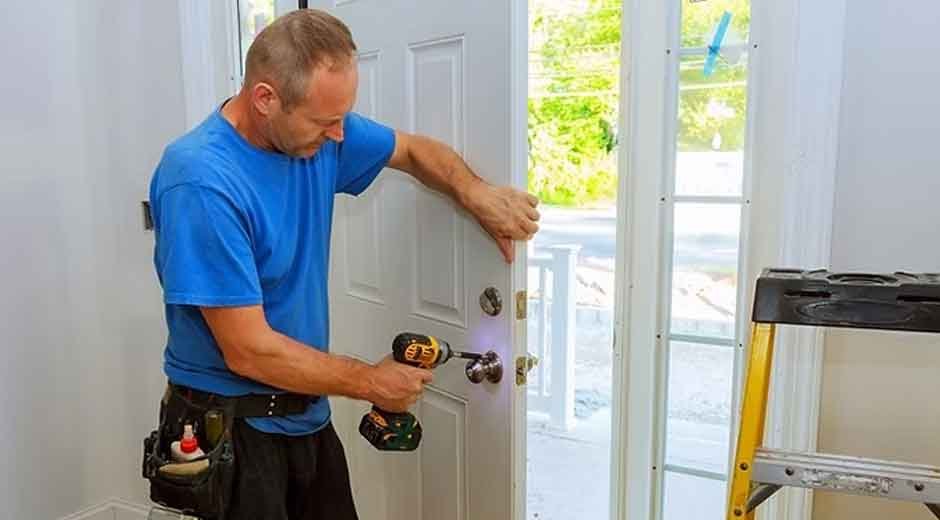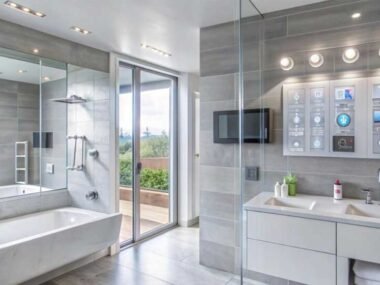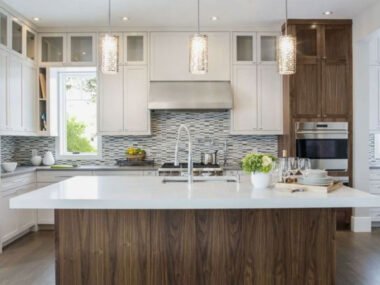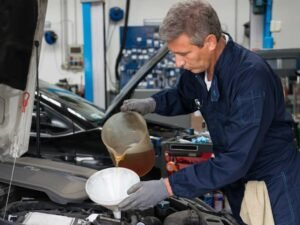Have you ever experienced a sudden gust of wind coming from your closed window, or perhaps something odd with your door moving for no discernible reason at all? It can happen in Florida, where the warm, sunny, blue skies often get replaced by threatening wind and storm conditions in a matter of minutes. Windows and doors can add significant aesthetics to your home, but they are also important when it comes to comfort, safety, and energy efficiency.
Whether it’s Florida’s humid environment, high winds, or bad storms, homeowners face challenges with windows and doors fairly often. This blog will discuss the most common issues you see and provide you with some practical troubleshooting. We hope that you can spot these types of issues a little earlier, and know when you need help from professionals when you call A1 Windows & Doors in Florida.
Drafts and Air Leaks
One of the biggest complaints from Florida homeowners is feeling drafts around the windows and doors. This is usually due to either worn seals or poor installation. To identify leaks, hold a candle or lighter up to the window frame or edge of the door. If the flame flickers, some air might be leaking. Weatherstripping is an easy fix; just make sure you select the type that coordinates with the frame material.
For older homes or those exposed to high winds, it’s advisable to have a professional inspect the area, as they may identify underlying structural issues. A1 Windows & Doors, which services Florida, is a company that specializes in energy-efficient upgrades and sealing your home correctly.
Water Intrusion During Heavy Rain
In Florida, the chances of rainstorms are high, allowing water to seep in around windows and doors that aren’t properly sealed, especially during a hurricane. The consequences of this installation error include water stains on the walls, peeling paint, and/or water stains near the frames.
First, check the caulking surrounding the window or door. If the caulking is cracked, brittle, and/or missing, replace it with waterproof caulking or sealant rated for exterior use. Second, ensure your window sills are sloped to channel water away from the window frame. If you are experiencing constant water intrusion, consider upgrading to impact-rated windows or windows with a higher waterproof rating, which are better suited for a tropical climate like Florida’s.
Foggy or Cloudy Windows
If your double-pane windows appear fogged over or you see condensation trapped between the panes, the seal between the glass layers has likely failed. In high-humidity climates, such as those in Florida, this is often due to temperature fluctuations and varying moisture levels.
Unfortunately, there is no DIY repair for broken seals in insulated glass units. You will need to replace either the glass pane or the entire window. Some companies will only offer glass replacement, which is typically more affordable. However, it may be more beneficial to upgrade your windows to energy-efficient or hurricane-rated windows, which can offer greater value over the long haul, and you’ll help prevent future fogging issues.
Sticking or Warped Doors
A door that is sticky or does not open effectively is usually a clear sign of moisture swelling. Wood doors are even more vulnerable to the humid conditions of Florida. The first step is to tighten the hinges and verify that the door frame is square. If the door still sticks after doing this, you can lightly sand down the edges and repaint it with a moisture-resistant sealant.
In extreme cases, especially if the door is old and made of wood, a replacement may be necessary. Composite and fiberglass doors are great choices for doors in Florida because they resist warping, swelling, and rotting.
Broken or Rusted Hardware
Over time, the salt air, abundant moisture, and excessive heat can deteriorate locks, handles and hinges, especially in coastal regions. To maintain your hardware, experts recommend checking and lubricating the moving parts every couple of months with silicone spray or non-corrosive lubricants.
If your locks start to jam or don’t latch properly, it may be time for a hardware replacement. Upgrading to stainless steel or marine-grade hardware will increase longevity in Florida’s coastal conditions.
Cracked or Damaged Window Frames
Vinyl, aluminum, and wooden frames can crack or deteriorate due to sun exposure and temperature fluctuations over time. More importantly, damaged frames impact looks, insulation, and structural integrity.
Inspect your frames annually for any signs of cracking, deterioration, or insect damage. There are instances, depending on the size or type of cracking, where vinyl or wooden frames can be repaired using filler or sealant. However, with significant damage, it is recommended that the entire frame be replaced. Quality, energy-efficient frames with UV protection are a smart purchase in Florida, making them more resilient against the elements and keeping your home cooler.
Noisy Windows During Windstorms
Noise or rattling windows during wind gusts likely indicate loose fittings or that the frame is not properly installed. This is not only annoying; it could mean the windows will not withstand hurricane-force winds.
Inspect the sash and frame for looseness, and ensure the lock is fully engaged for all locking mechanisms. For maximum storm protection, you’ll consider hurricane-impact windows designed to withstand the strong winds and storms characteristic of Florida’s climate.
Conclusion
Windows and doors are the first line of defense for your home against Florida’s tough climate. If you let things slide and don’t address small problems, you will eventually incur much bigger repairs – and significantly higher costs. Regular inspections, timely maintenance, and planned upgrades can add up to a whole lot of comfort, energy efficiency, and safety for your home.
If you notice something is wrong but are uncomfortable handling a project yourself due to potential novice mistakes, consider consulting with specialists such as A1 Windows & Doors in Florida. Their team is extremely familiar with the unique problems facing Florida homeowners and can often find you simpler, better, long-term solutions!










